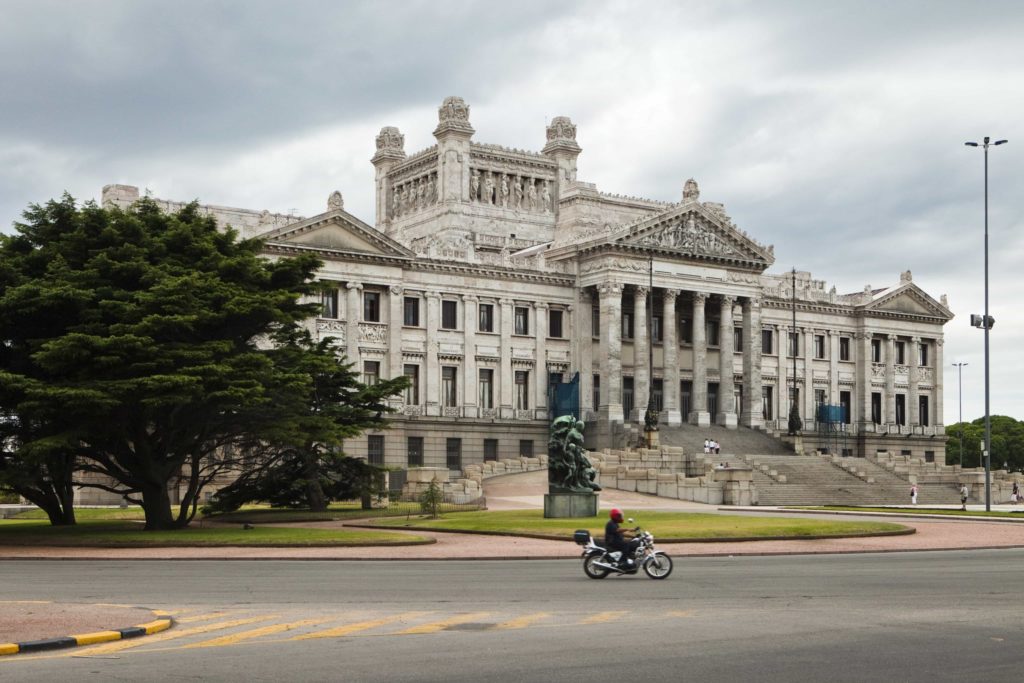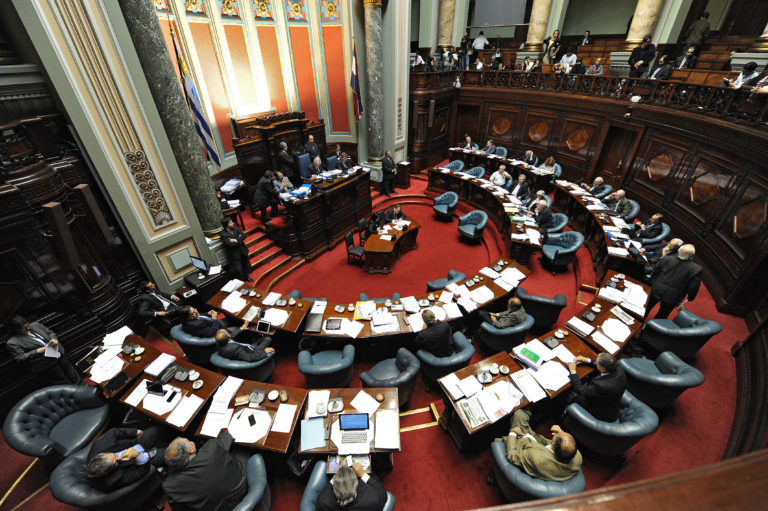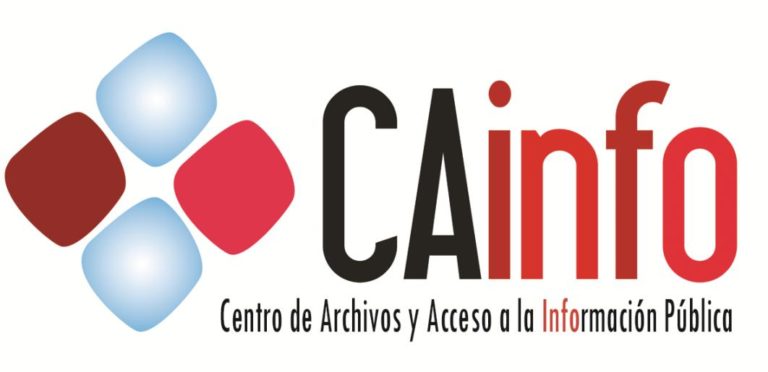IFEX-ALC rejects the content of a draft Law of Urgent Consideration brought forward by the current Uruguayan government. If approved with its current wording, it will imply serious setbacks for the country, with regard to human rights, and a violation of international conventions to which Uruguay adhered through parliamentary ratification.
This legal initiative would mean regression on several rights specifically protected by the Inter-American Human Rights System, which are closely interrelated. In particular, it affects the rights to freedom of expression, to access to public information, to privacy and to peaceful social protest. It also implies serious risk of restricting civic space as individuals mobilizing can be imprisoned if police authorities feel aggrieved or threatened.
On May 8, a delegation from the Centre for Archives and Access to Public Information (CAinfo), IFEX-ALC member in Uruguay, appeared before the special commission of the Senate analysing this draft Law of Urgent Consideration (document available in Spanish). During the presentation, members listed some of the most concerning aspects of the legislative proposal and provided a comprehensive document in which they denounced the serious setbacks that Uruguay would face if this new government initiative is approved.
Among the most regressive aspects of this new legislation, we would like to firstly point out those related to the arbitrary authority it gives state security agents, who can disband social protests at any time, without the need for legal intervention. They can also imprison protesters when incidents occur that they deem inappropriate, based on “words, writing or evidence”.
Secondly, we would like to mention the risk implied for individuals’ privacy in the wording of one of the draft articles. This article allows police to request “detailed information on the geographical location of phone calls” from telecommunication companies, “without the need for a court order.” Use of this information is not limited whatsoever, hindering the essential need to monitor authority in a democratic state. The State Intelligence Department is afforded the same discretion in the handling of public information. It too is not subject to any type of legal or parliamentary monitoring, and no legal timeframe is set for declassification of said information.
The above-mentioned articles also have the combining effect of seriously and directly impacting journalists’ ability to exercise freedom of expression. These articles limit their capabilities of fulfilling their role in monitoring state officials without restriction or threat. Furthermore, within the context of social protest, there is additional risk when covering these events. The arbitrary authority given to police may affect the safety of media workers, hindering people’s access to information of known public interest.
About IFEX-ALC:
IFEX-ALC, which forms part of the global IFEX network, is comprised of 24 organisations in 14 Latin America and Caribbean countries dedicated to defending freedom of expression and press freedom.



